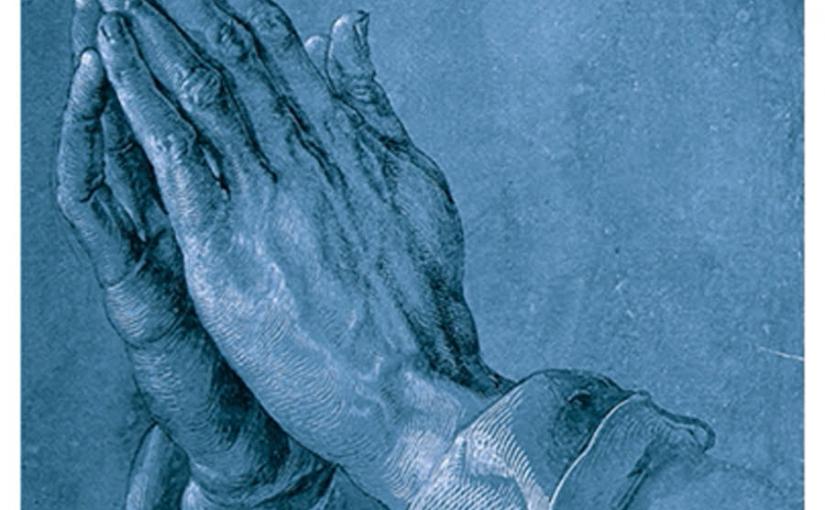Author: Diana Shellenberger
And I tell you, Ask, and it will be given you; seek, and you will find; knock, and it will be opened to you. — Luke 11:9
In my zeal to achieve and receive those things I believe will make me happy, I often forget to ask for help, guidance and perspective from anyone, let alone God. I have so thoroughly absorbed cultural values of materialism, competition and individualism, I believe I must do it by myself, for myself. Not so much because I want the credit for fulfillment of my prayers, because I usually blame myself when they don’t materialize. Not asking feels better than being disappointed. Nor does not asking mean I’ve stopped wanting things.
The trouble is not that I ask, but what I ask for and the way I ask for it and the timeline in which I expect it to happen. I focus too much on what I want, making demands rather than asking for what helps the most.
An emphasis on worldly values and success leaves very little room to develop the spiritual values Jesus points to in the passage from Luke: faith, hope and love.
Prayer purifies what I hope for, clarifies what and whom and how I love, and it is the principal practice of my faith. If I perceive that a prayer is unanswered, maybe what’s missing is my awareness of the subtle ways in which it is already being fulfilled. Maybe I need to better prepare myself for eventually getting what I want, or better yet, for not getting what I asked for and receiving something else. I’m learning there is no such thing as too much patience in the life cycle of prayers.
When my dad was dying, finding the right spirit of prayer for him was challenging. Of course, I wanted his suffering to cease. Asking God to spare his life, when doctors had not promised a cure, would only increase his suffering. As I prayed, I discovered what I wanted even more was for his suffering to mean something. All I could see was the indignity of the disease that was slowly and painfully draining his life away. This wish only made me feel more helpless. Over time, I have come to see this helplessness as a gift. The gradual and continuing acceptance of my powerlessness has strengthened my openness to how God’s power is always manifesting in life. It is showing me that being a witness to God’s Love is a vastly better thing to pray for.
As my faith develops, I am becoming clearer about what to ask for and how to ask for it. If not world peace, then peace within myself. If not eradication of hunger, then better management of my own hungers. If not the easing of a loved one’s pain, then my ability to offer compassion.
Most of all, I pray for gratitude, to appreciate how God makes all things good. Amen.




